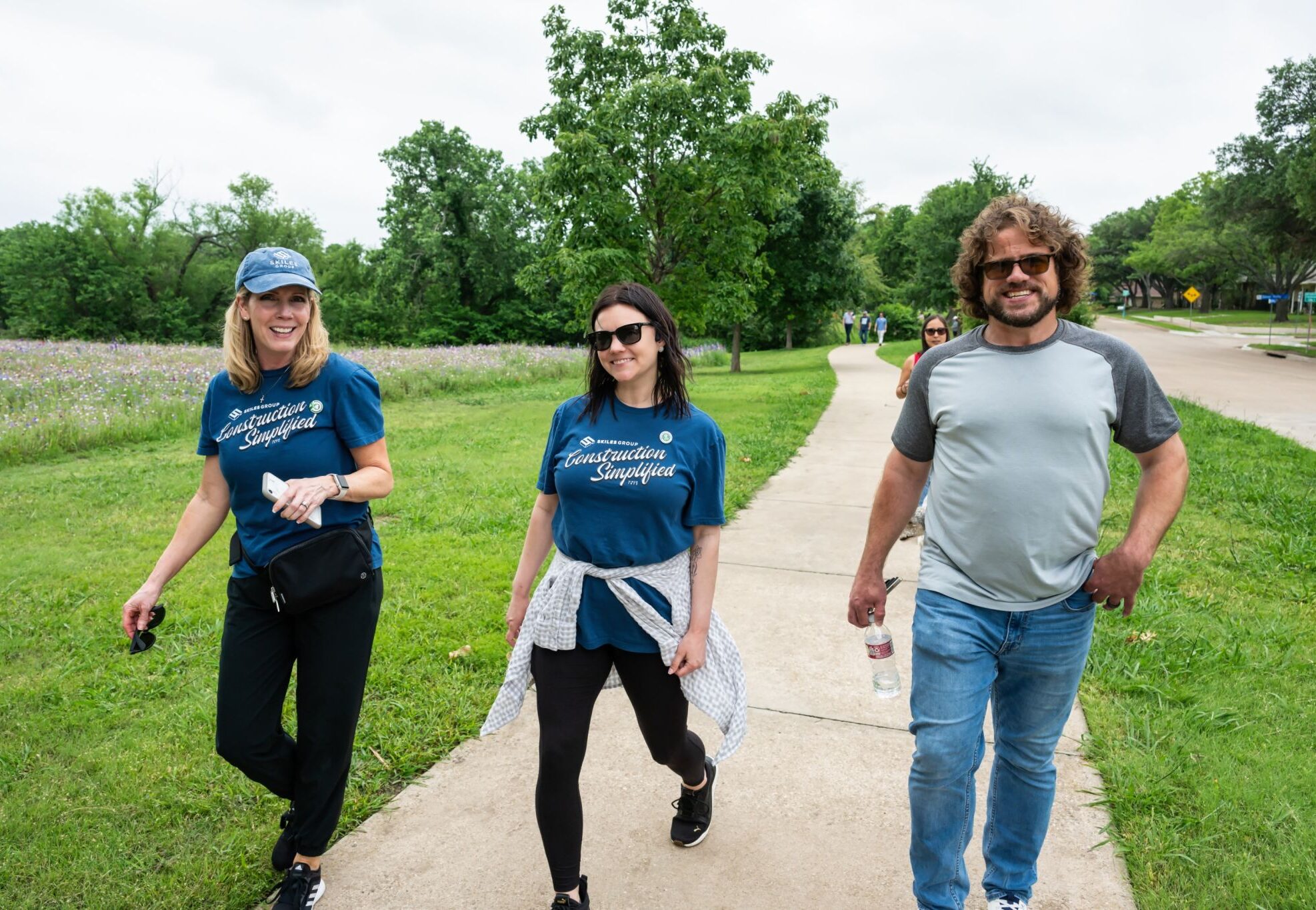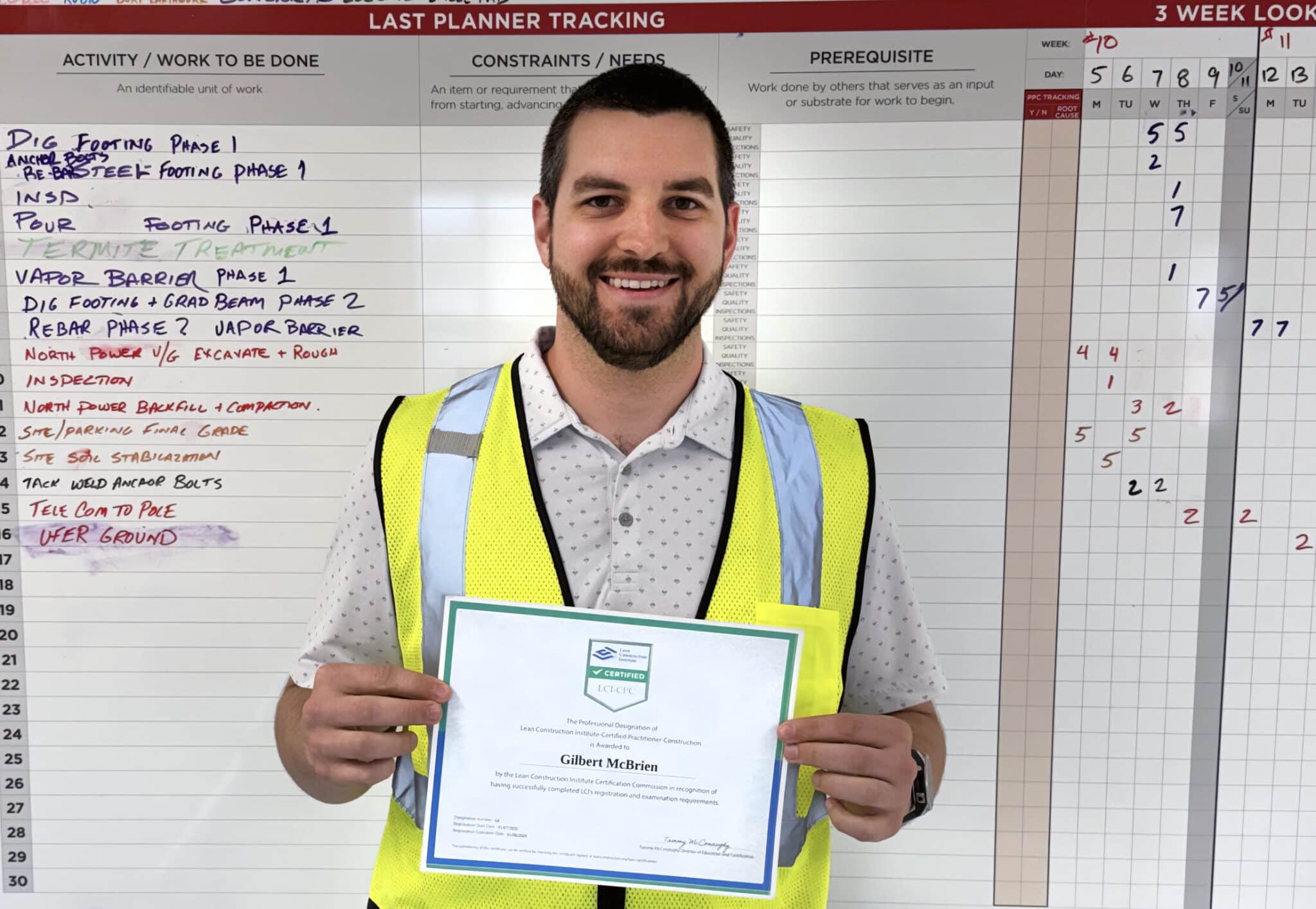In the demanding world of the construction industry, finding stability between work and life can seem almost impossible. Known for its relentless demands—long hours, design and financial constraints, and unwavering deadlines—the construction industry presents a distinct set of obstacles to achieving a harmonious work-life balance.
However, the rewards of achieving this equilibrium are vast. It not only boosts our morale and job fulfillment but also amplifies our efficiency, making us more productive and effective in our roles.
As we strive to deliver peak performance, ward off burnout, and cultivate genuine connections, let’s explore four methods to actively prioritize self-care, both individually and within our professional environment.
Embrace Morning and Evening Rituals: Embracing morning and evening rituals unrelated to work duties can significantly enhance well-being. Instead of diving into work emails upon waking or before bed, dedicate personal time to activities that prime your spirit and intellect. Here are a few examples:
- Journaling or Reading: Spend time journaling or reading a book to reflect and gain new perspectives.
- Listening to Music or Podcasts: Enjoy your favorite music or an engaging podcast to relax and inspire.
- Morning/Evening Walk: Take a peaceful walk in a nearby park or around your neighborhood to enjoy the fresh air and natural surroundings.
- Engaging in a Hobby: Dedicate time to a hobby you love, such as woodworking, fishing, or working on a DIY project, to relax and rejuvenate.
Define Firm Boundaries for Dedicated Personal/Family Time: Defining firm boundaries for dedicated personal or family time is essential for maintaining a healthy work-life balance. Here are steps to help you establish and maintain these boundaries:
- Set Clear Work Hours: Define specific work hours and communicate them to your employer and colleagues. Use calendar apps to block out work and personal time to prevent scheduling conflicts.
- Turn Off Work Notifications: Disable work-related notifications during personal or family time and inform your team that you will be unavailable during certain hours.
- Create a Dedicated Space: Designate areas in your home for personal/family activities, separate from your work environment. Keep work-related items out of this space to maintain a clear distinction between work and personal/family life.
Arrange Regular Intervals for Breaks During Work Hours: It’s easy to find ourselves working long hours without taking any breaks. However, this relentless pace can lead to burnout and exhaustion. To combat fatigue effectively, consider incorporating these strategies into your routine:
- Schedule Regular Short Breaks: Take 10-minute breaks every two hours to stretch and rest your eyes.
- Plan a Lunch Break Offsite: Recharge by enjoying a meal away from your workspace.
- Take Quick Walks: Allocate 10 minutes every hour, if possible, for a brief walk around the construction site or office to refresh your mind and body.
- Connect with Coworkers: Organize a 20-minute break in the morning to connect with coworkers and discuss non-work-related topics.
Develop the Skill of Politely Declining Additional Tasks When Necessary: Recognizing the importance of managing your workload to enhance productivity is the initial key to avoiding feeling weighed down. Don’t hesitate to turn down tasks that could overwhelm both you and your team. A few ways to do this include:
- Assessing Your Capacity: Before agreeing to take on a new task or commitment, evaluate your current workload and priorities to determine if you have the time and resources available.
- Expressing Gratitude: Politely decline requests or invitations while expressing gratitude for the opportunity or consideration.
- Offering Alternatives: If possible, suggest alternative solutions or resources to help fulfill the request without overcommitting yourself.
Achieving balance in the construction industry requires intentional effort and prioritization of self-care. By embracing morning and evening rituals, defining boundaries for family time, scheduling regular breaks, and learning to say no when necessary, construction professionals can cultivate a healthier work-life balance.
Remember, investing in your well-being not only enhances job satisfaction and productivity but also fosters stronger connections both personally and professionally. Let’s continue to prioritize self-care and build a more balanced and fulfilling career in construction.
This article was written for Constructor Magazine’s July/August 2024 issue; you can read it here:




